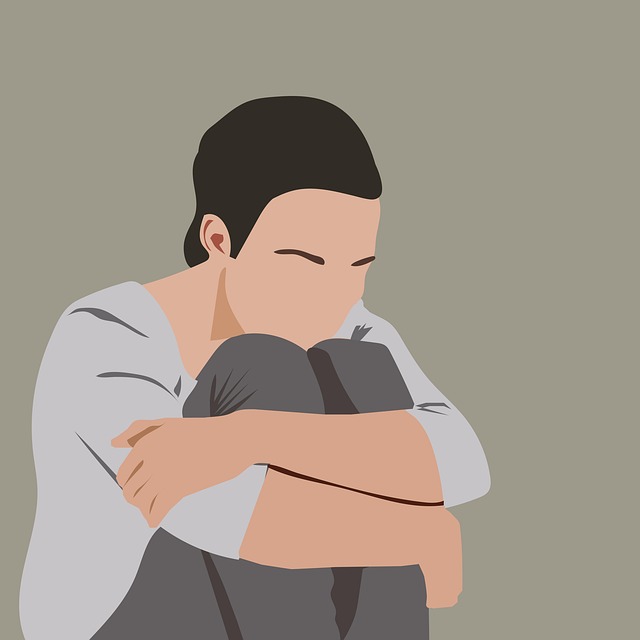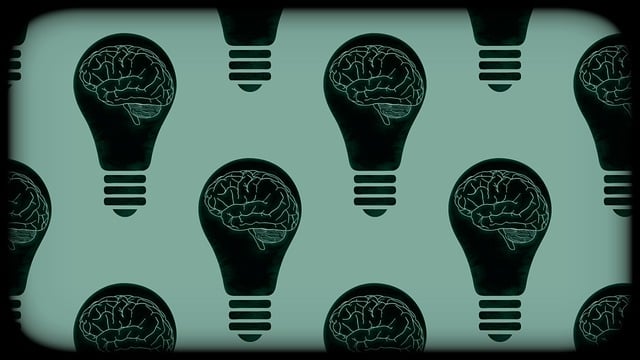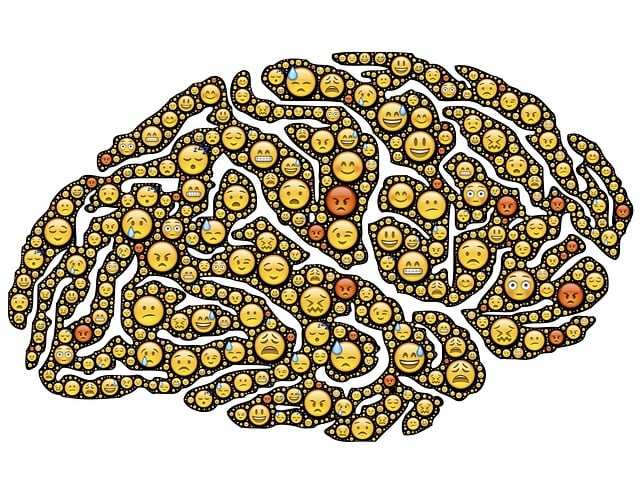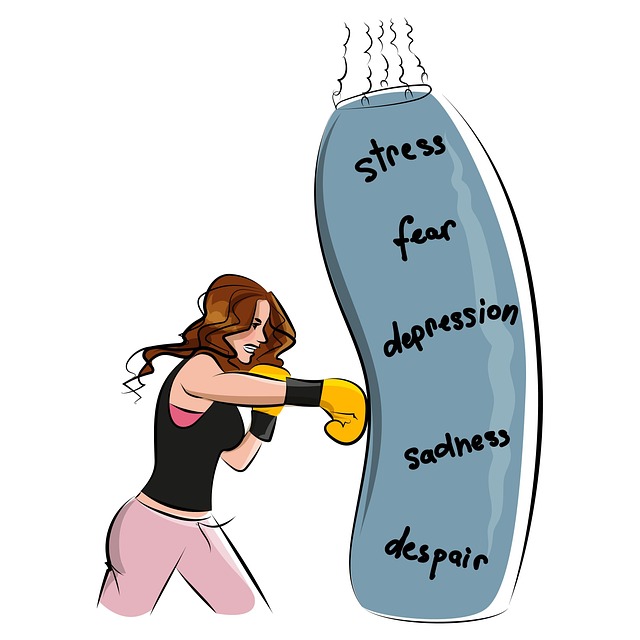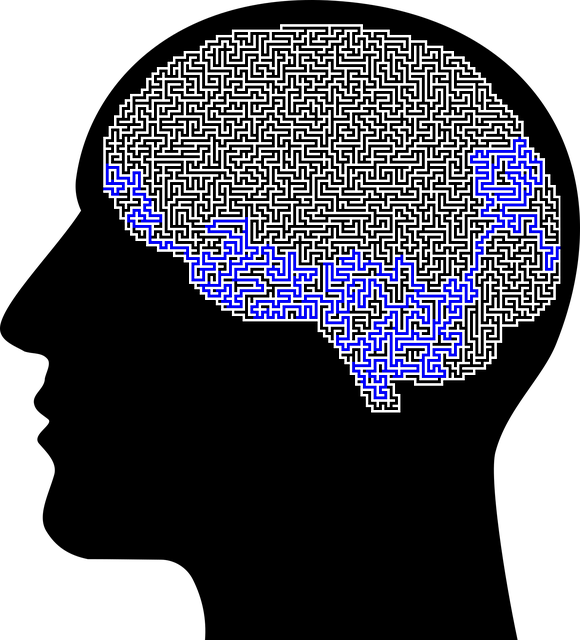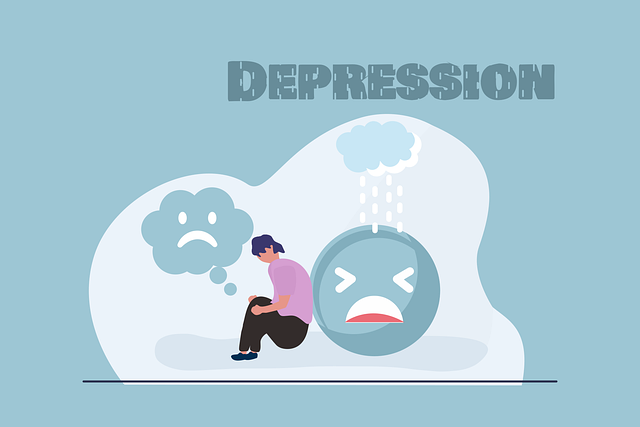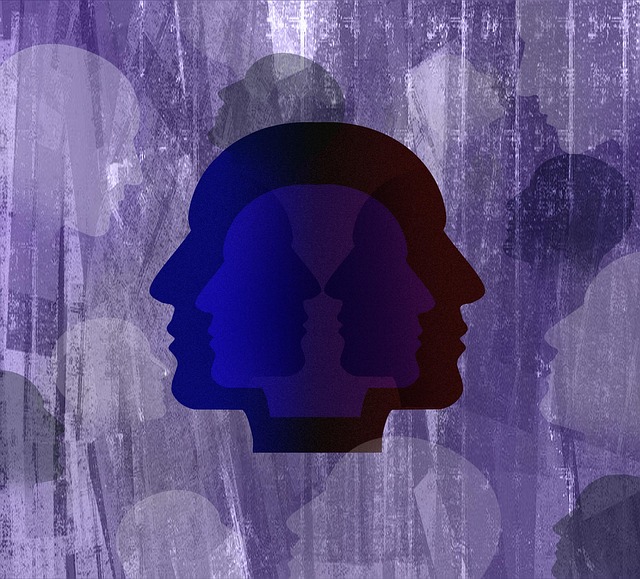Mindfulness meditation, rooted in ancient Buddhist practices, is a powerful tool for healing and self-discovery, especially for survivors of child abuse. By focusing on the present moment without judgment, individuals gain self-awareness, emotional resilience, and learn to observe their thoughts and feelings without reacting. Regular practice facilitates self-care, boosts self-esteem, and empowers individuals to navigate life's challenges, including the aftermath of abuse. In Greenwood Village, dedicated Child Abuse Therapy services offer guidance on building resilience through mindfulness, encouraging creation of a quiet, peaceful space at home for enhanced meditation effectiveness. Advanced techniques like compassion cultivation and mental health policy advocacy further support personal well-being and community support.
Unwind and find inner peace with mindfulness meditation, a powerful tool for healing and self-care. This comprehensive guide offers practical advice for those new to the practice, from understanding its benefits to creating a soothing home environment for sessions. We’ll explore various techniques, ensuring you can enhance each meditation experience. Discover how these practices can support your well-being, especially when navigating challenges like Greenwood Village Child Abuse Therapy.
- Understanding Mindfulness Meditation for Healing
- Setting Up Your Meditation Practice at Home
- Advanced Techniques to Enhance Meditation Session
Understanding Mindfulness Meditation for Healing

Mindfulness meditation is a powerful tool for healing and self-discovery, especially relevant in addressing past traumas like child abuse. Originating from ancient Buddhist practices, it involves focusing one’s awareness on the present moment, non-judgmentally. This simple yet profound practice can aid individuals in cultivating self-awareness and developing emotional resilience. By bringing their attention to their thoughts, feelings, and bodily sensations without attachment or reaction, practitioners learn to observe rather than get swept away by automatic responses.
For survivors of child abuse, mindfulness meditation offers a safe space to process complex emotions and flashbacks, helping to break the cycle of trauma’s hold. It supports Burnout Prevention Strategies for Healthcare Providers by promoting self-care and emotional balance. Regular practice also facilitates Self-Awareness Exercises and Self-Esteem Improvement, enabling individuals to cultivate a deeper sense of self-acceptance and worthiness. The healing journey is one of gradual re-orientation towards the present, fostering a sense of calm and empowerment in navigating life’s challenges, including the echoes of past abuse.
Setting Up Your Meditation Practice at Home

Creating a dedicated space for your mindfulness meditation practice at home can greatly enhance its effectiveness. Start by designating a quiet area where you won’t be disturbed. A calm and comfortable environment, such as a corner of your bedroom or a small study, is ideal. Ensure your space is free from distractions like electronic devices or clutter to foster a sense of peace. Consider adding elements that promote relaxation, such as soft lighting, scented candles, or a few plants, to create an atmosphere conducive to meditation.
In Greenwood Village, Child Abuse Therapy and Trauma Support Services can provide valuable insights into building resilience through mindfulness. The Mental Wellness Podcast Series Production offers a range of resources for those exploring Mind Over Matter Principles, helping individuals cultivate a consistent practice at home. By combining these strategies and creating your sanctuary, you’ll be well on your way to incorporating mindfulness meditation into your daily routine.
Advanced Techniques to Enhance Meditation Session

To elevate your meditation practice, explore advanced techniques that go beyond basic mindfulness. One such method is compassion cultivation practices, which involve nurturing a sense of kindness and empathy towards yourself and others. This can be achieved through guided meditations focusing on loving-kindness, where you direct positive thoughts and feelings towards different people in your life. By cultivating compassion, you deepen your connection with yourself and foster healthier relationships, making your meditation practice a powerful tool for personal growth.
Additionally, incorporate mental health policy analysis and advocacy into your routine by setting aside time to reflect on societal factors contributing to stress and mental health challenges. This involves recognizing the impact of systemic issues and considering how you can contribute to positive change through mindful awareness and advocacy. By integrating these reflections into your practice, you not only enhance your own well-being but also gain insights that may guide your actions in supporting broader communities, such as those served by Greenwood Village Child Abuse Therapy centers.
Mindfulness meditation, as explored in this guide, offers a powerful tool for healing and personal growth. By integrating practices into your daily routine, you can cultivate a deeper sense of calm and resilience. Whether you’re just beginning or seeking advanced techniques, the benefits are accessible through consistent effort. For those in Greenwood Village seeking additional support, child abuse therapy services are available to enhance overall well-being. Embrace the journey of mindfulness and unlock the potential for transformative healing.
